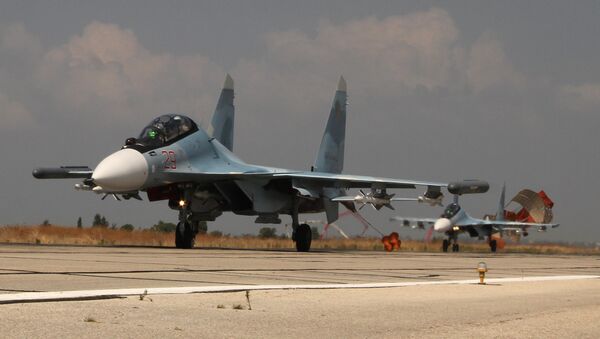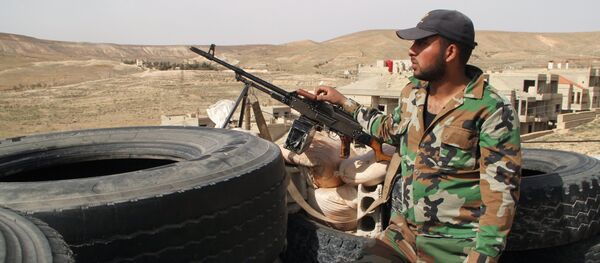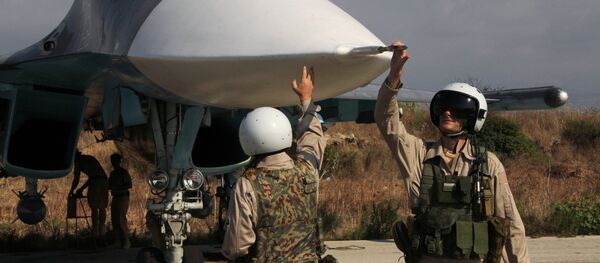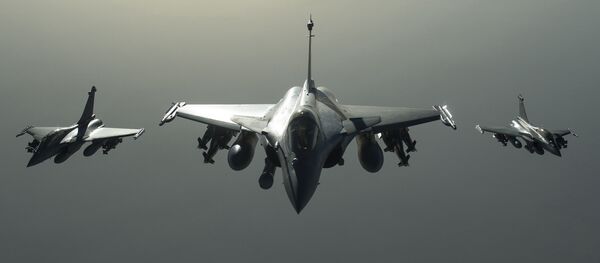According to Cockburn, Moscow’s interference in the war can bear fruit: Russia is the power which can both change the game and influence its allies in this process.
“[I]t is better to have Russia fully involved in Syria than on the sidelines so it has the opportunity to help regain control over a situation that long ago spun out of control. It can keep Assad in power in Damascus, but the power to do so means that it can also modify his behavior and force movement towards reducing violence, local ceasefires and sharing power regionally," Cockburn wrote.
The columnist highlighted that the stance of Washington and its allies on the Syrian problem is absurdly based on the belief that the root of all troubles is Assad. Upholding this principle would either lead to further disintegration of Syria in the pattern of Iraq and Libya, or to less destructive consequences, which could be complicated by active warfare in country.
Cockburn distinguished several inner and outer fronts that are warring with one another over the territory of Syria, which appears to be a tangle of contradictions.
For instance, the conflict between al-Assad and “rebels” is overlapping with the standoff between Sunni and Shiite groups as well as the deadlock between Turks, Kurds, Arabs. Iran is resisting Saudi Arabia and the US is confronting Russia. And there is also the ISIL militant group that fights against everybody all at once. After Western plans to overthrow Assad during the period between 2011 and 2012 failed, they fell short of developing a new strategy.
He concluded by saying that such powers as Turkey, Iran, Saudi Arabia and some of the Gulf monarchies are in control of many of the groups in conflict in Syria, but they will pursue their own goals rather than look for a compromise.





